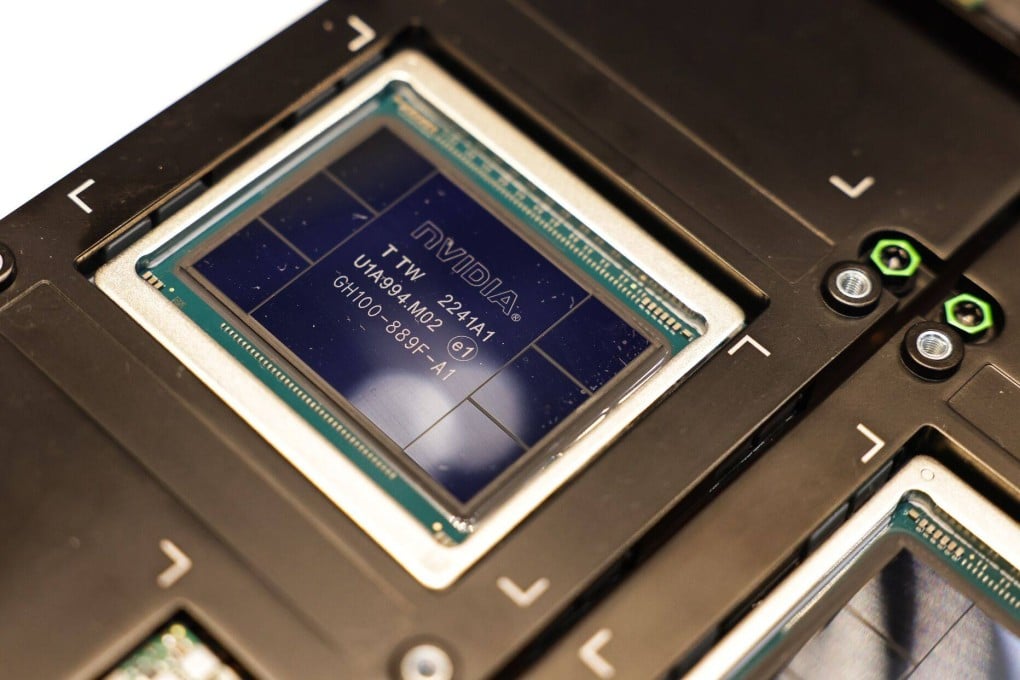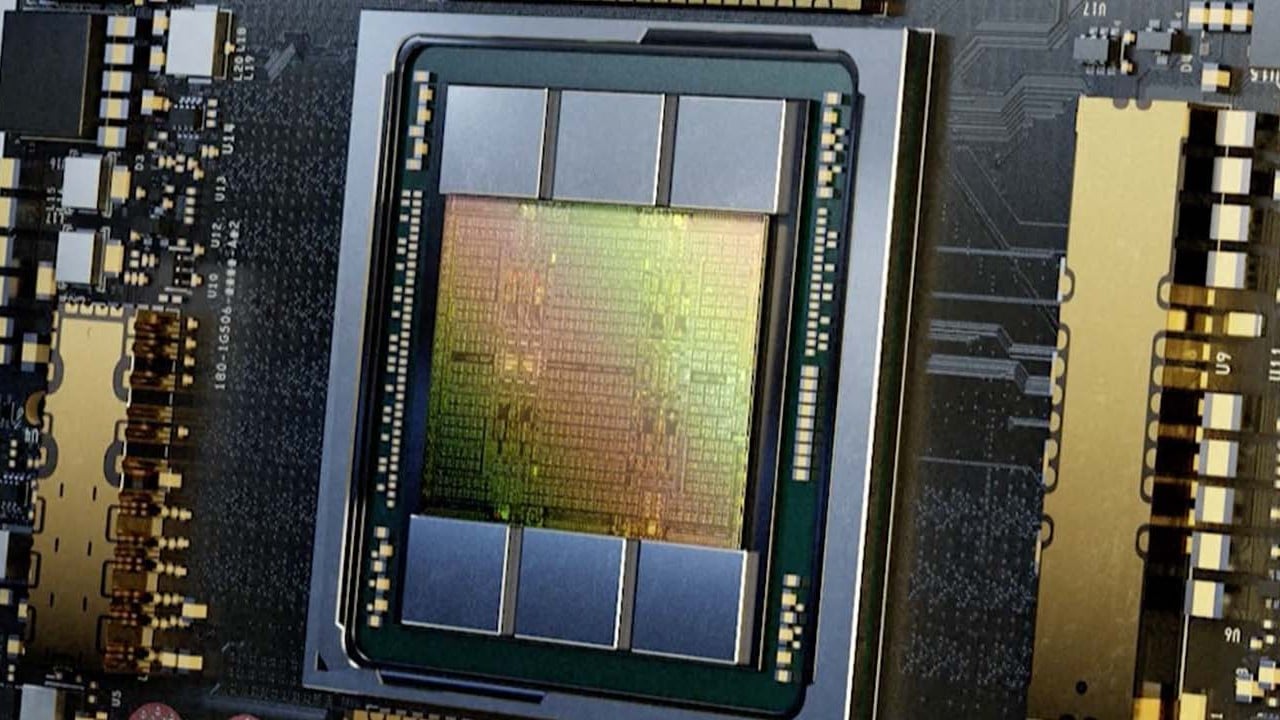China’s Big Tech firms scramble for advanced chips amid US sanctions and ChatGPT craze
- A shortage of GPUs is hindering China’s national competitiveness in the field of AI and large language models, according to an Economic Daily opinion piece
- ByteDance and Baidu have reportedly placed large orders for GPUs from Nvidia, which can only sell less advanced chips to clients in China

The country’s AI sector is being “choked” by a shortage of graphics processing units (GPUs), field-programmable gate arrays (FPGAs), application-specific integrated circuits (ASICs) and accelerator chips, said an opinion piece published on Tuesday by the Economic Daily, a newspaper founded by the State Council, China’s cabinet, and supervised by the Chinese Communist Party’s propaganda department.
GPUs, in which American developer Nvidia holds a dominant market position, are the most common type of semiconductor devices used for training large language models (LLMs), which support OpenAI’s ChatGPT and similar services.
FPGAs and ASICs, in turn, allow trained LLMs to be deployed in the real world with lower power consumption.
“[Developing] industrial applications of LLMs is a key initiative to enhance national competitiveness,” said the article, which called for more government and capital support for home-grown advanced semiconductors.
China’s rush for chips comes as Big Tech companies and start-ups alike are chasing after advancement in generative AI – algorithms that can understand prompts from humans and generate sophisticated responses.
As of last month, the country had at least 79 LLMs with more than 1 billion parameters, according to the state-affiliated Institute of Scientific and Technical Information of China, each of which require hundreds if not thousands of advanced chips to train.
